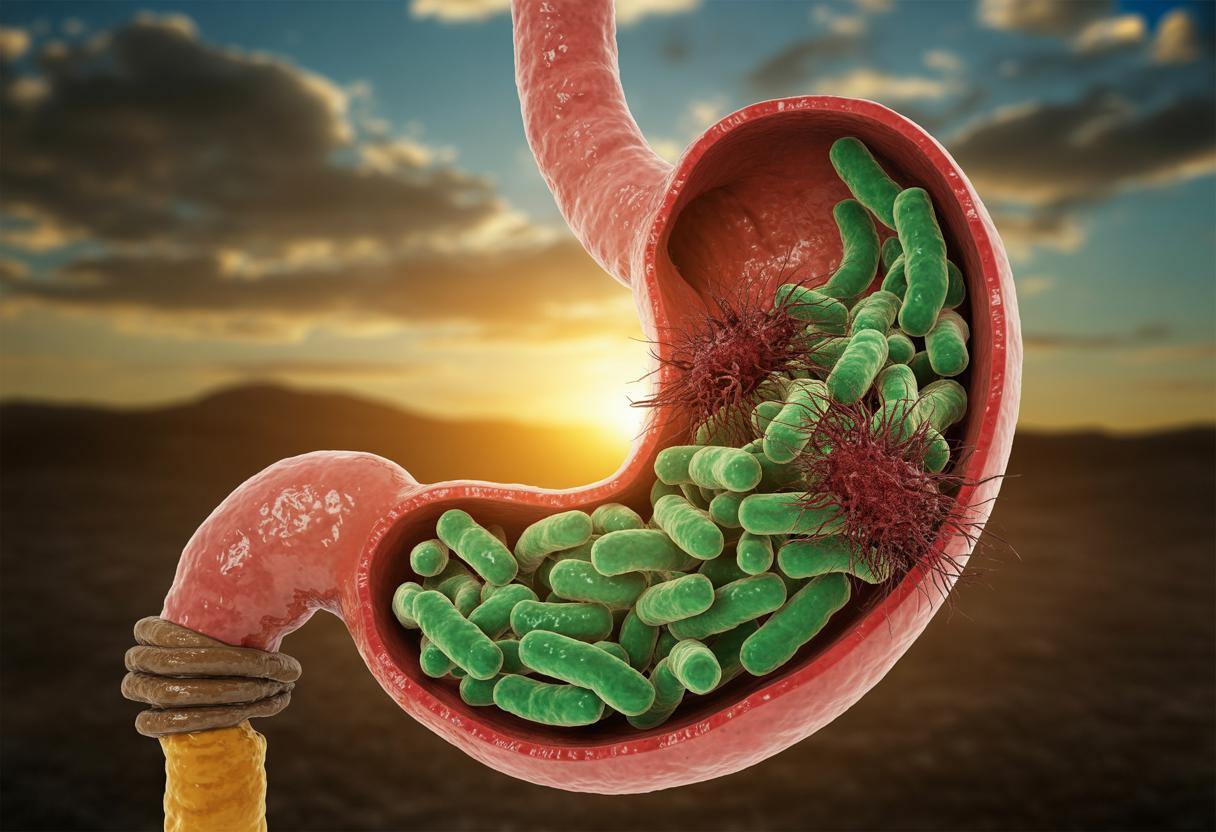A massive French medical study involving 100,000 participants has just revealed that our most popular “healthy” diet trends are secretly devastating our gut microbiome in ways that could trigger inflammatory bowel disease, colorectal cancer, and metabolic disorders within the next decade. The findings from France’s groundbreaking “Le French Gut” project show that even well-intentioned dietary changes can backfire spectacularly when we ignore the 100 trillion microbes living in our digestive system.
The hidden dangers lurking in trendy eating patterns
What makes this research particularly alarming is how it exposes the dark side of ultra-processed foods that masquerade as healthy options. Refined grains, artificial sweeteners, and food emulsifiers are literally reshaping our gut bacteria colonies, reducing microbial diversity by up to 40% in some cases. These additives don’t just pass through our system—they actively disrupt the protective mucus layers that keep harmful bacteria from infiltrating our bloodstream.
The study reveals that common food additives like carboxymethylcellulose increase cardiovascular risk by promoting dangerous microbial metabolites. Even more concerning, artificial sweeteners and mental health risks are now being linked through gut-brain axis disruption, showing how dietary choices affect both physical and psychological wellbeing.
Mediterranean diet emerges as the unexpected gut health champion
While Western-style diets consistently showed reduced microbial diversity and increased inflammation markers, the Mediterranean approach demonstrated remarkable gut-healing properties. Participants following Mediterranean eating patterns showed higher production of short-chain fatty acids, which are crucial for colonocyte energy metabolism and intestinal barrier function.
The surprising gas connection to gut health
Here’s the counterintuitive finding that challenges everything we thought we knew: people on Mediterranean diets actually experienced more gas production and evacuation, but significantly less digestive discomfort overall. This increased microbial metabolism indicates a thriving, diverse gut ecosystem actively fermenting beneficial compounds like polyphenols from olive oil and berries.
Why fiber matters more than we realized
The research pinpointed that low-fiber diets don’t just cause constipation—they starve beneficial bacteria like Bifidobacterium and Faecalibacterium, leading to a cascade of immune system dysfunction. SCFA production drops by 60% when fiber intake falls below recommended levels, directly impacting our body’s ability to regulate inflammation and maintain metabolic health.
Transforming science into daily gut-healing strategies
The most practical breakthrough from this research centers on precision nutrition based on individual gut microbiota profiles. Rather than following generic diet trends, the French scientists developed protocols for personalized nutrition strategies that account for each person’s unique bacterial ecosystem.
However, implementing dramatic dietary changes without proper guidance can be dangerous. Cases like dangerous effects of extreme dietary changes highlight why gradual transitions and medical supervision are essential when overhauling eating patterns to support gut health.
Essential steps for rebuilding your microbiome foundation
Eliminate the gut destroyers first
Prioritize whole foods over anything with more than five ingredients. Focus on removing emulsifiers, synthetic colorants, and added sugars that actively damage your intestinal barrier. This single change can restore microbial diversity within 6-8 weeks according to the study data.
Embrace the Mediterranean principles strategically
Incorporate fiber-rich plant foods, extra virgin olive oil, and fermented options gradually. The research shows that polyphenol-rich foods like berries and nuts create the most dramatic positive shifts in gut bacteria composition. Even natural health alternatives can provide additional gut-supporting benefits when chosen wisely.
Monitor your body’s feedback signals
Pay attention to digestive symptoms, energy levels, and mood changes as reliable indicators of microbiome health. Increased gas production during the first month often signals beneficial bacterial growth, not digestive problems.
The future of personalized gut health is here
This French research represents a pivotal moment in nutritional science, offering concrete pathways for individuals to rebuild their gut microbiome using evidence-based strategies rather than following fleeting diet trends. The key lies in understanding that optimal gut health requires patience, precision, and a fundamental shift away from processed convenience foods toward nourishing our invisible microbial partners.
